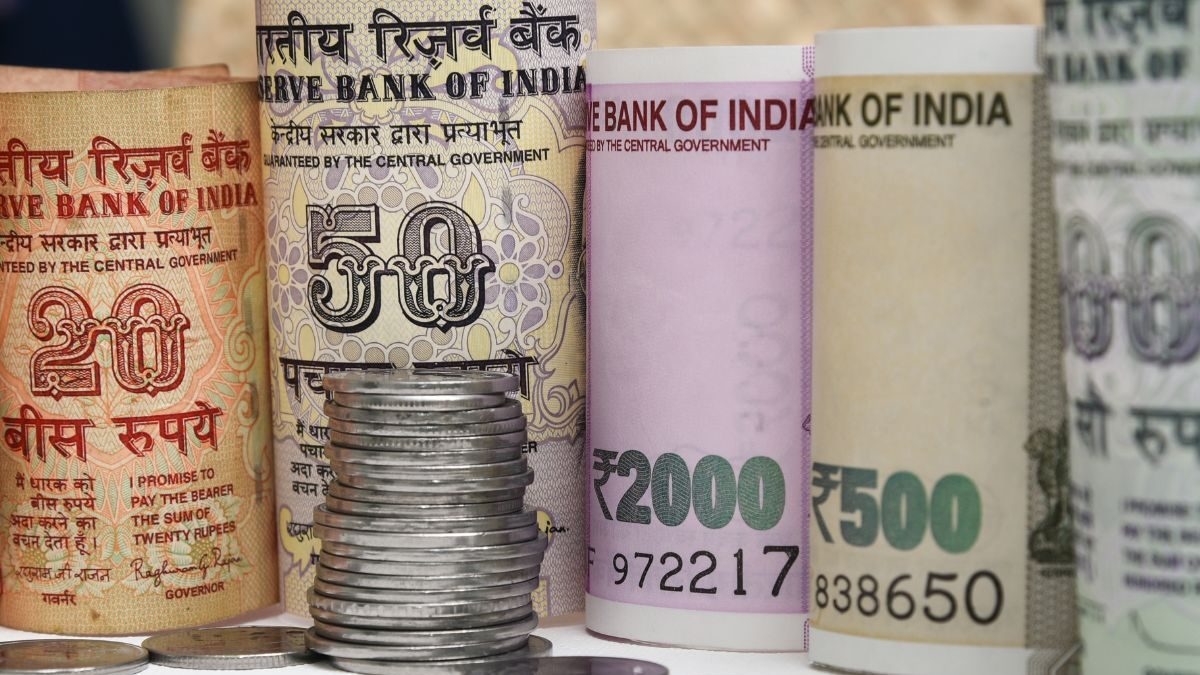[ad_1]
Last Updated: November 04, 2023, 14:03 IST

Electoral bonds are not just ‘bonds’ in the ordinary sense of the term but rather denote a complete method and mechanism as to how political parties are funded in India. (Getty)
According to the petitioners, the present scheme has made funding opaque and prone to misuse, unduly benefiting the party in power. Meanwhile, the government says the anonymity flows from the concept of secret ballot and hence cannot be arguably unconstitutional
Electoral bonds are not just ‘bonds’ in the ordinary sense of the term but rather denote a complete method and mechanism as to how political parties are funded in India. The cash-fuelled political system in India is now run through these bonds under which individuals and even companies can ‘support’ a political party.
WHAT ARE ELECTORAL BONDS?
In January 2018, the Narendra Modi government notified the Electoral Bond Scheme. The notifications derived their power and authority from the four amendments brought in by the Finance Act of 2017 and passed in one go as ‘money bill’, overhauling political party funding in India.
The Electoral Bond Scheme is devised under newly amended sub-section 3 of Section 31 of the Reserve Bank of India Act, 1934.
Like a bank note, an electoral bond is a promissory note. Any citizen of India or a company can donate to a political party confidentially. A political party that has secured at least one per cent votes in the Lok Sabha elections is eligible to receive donations via electoral bonds.
WHAT HAVE THE PETITIONERS ARGUED IN SUPREME COURT?
According to the petitioners, the present scheme has made political party funding opaque and prone to misuse, unduly benefiting the party in power. It was argued before the Supreme Court that the four amendments and the changes that have been brought to political party funding are devised to evade the checks and balances by the Reserve Bank of India. The petitioners have argued before the court that:
• The changes in the scheme have altered the legal regime and eliminated the transparency requirements under law. It is further argued that there is no way that the Election Commission can now know the source of funds to the political parties.
• Earlier there were caps on donations from corporations or corporate entities — about 7.5 per cent of the average net profits could be donated. That ceiling has been done away with. It is argued that this has opened gates for unlimited corporate funding of political parties in India and creation of shell companies only for political party funding.
• Because the electoral bonds and donors to political parties enjoy anonymity, there is no regulatory oversight by RBI or by the Election Commission of India.
WHAT IS THE DEFENCE OF THE GOVERNMENT?
The government claims that the intent of the scheme is to sanitise the political party funding system in India and flush out black money.
Solicitor General Tushar Mehta and Attorney General R Venkataramani have argued before the court that the intent of the government cannot be doubted because the present electoral bond scheme has been able to plug the loopholes of the old regime.
Anonymity granted under the new scheme is the most troublesome aspect which has been debated upon. The government argued that this flows from the concept of secret ballot and hence cannot be arguably unconstitutional. The Centre argued that electoral bond does not carry the name of the buyer or payee in order to protect the citizen’s right to privacy. It said a citizen must have the privacy to political affiliation and to choose to fund a political party of its own choice, without the fear of being targeted or suffering vindictive repercussion for owning such a choice.
The Attorney General also argued that a citizen has a ‘right to know’ in a democracy but the right is not absolute in nature. Citizens cannot claim to demand all information and hence the privacy of the donors to the political parties must be protected over the right of the citizens who want to know about the political party funding or donors in India.
FREE AND FAIR ELECTIONS – SINE QUA NON OF DEMOCRACY
The view of the Supreme Court over electoral bonds shall be very important to the nuts and bolts of the world’s largest democracy.
At a time when the Opposition is training guns at the government and accusing it of crony capitalism, the apex court’s view of the present scheme shall be the backbone of electoral processes. The biggest hiccup in free and fair elections is money and muscle power. Activists have argued that political parties are biggest beneficiaries of black money in India. The Supreme Court shall answer whether the present Electoral Bond Scheme plugs those gaps proportionately or camouflages the demon of black money in white collar.
[ad_2]
Source link



